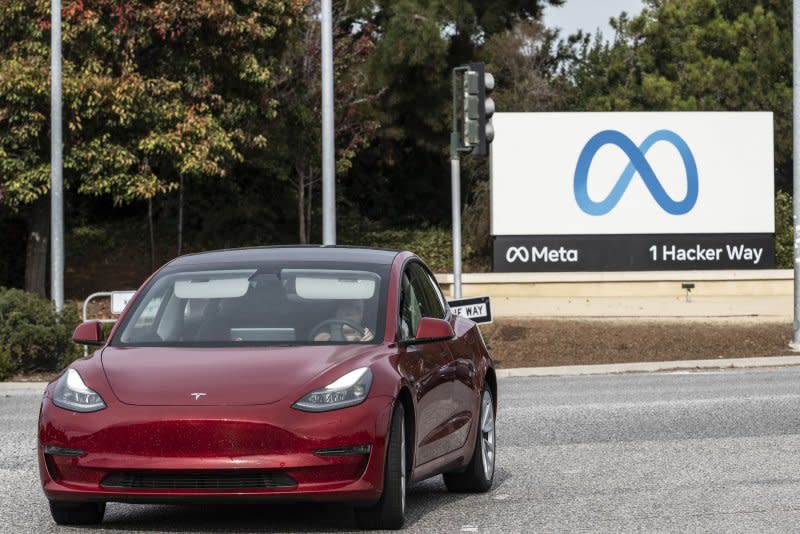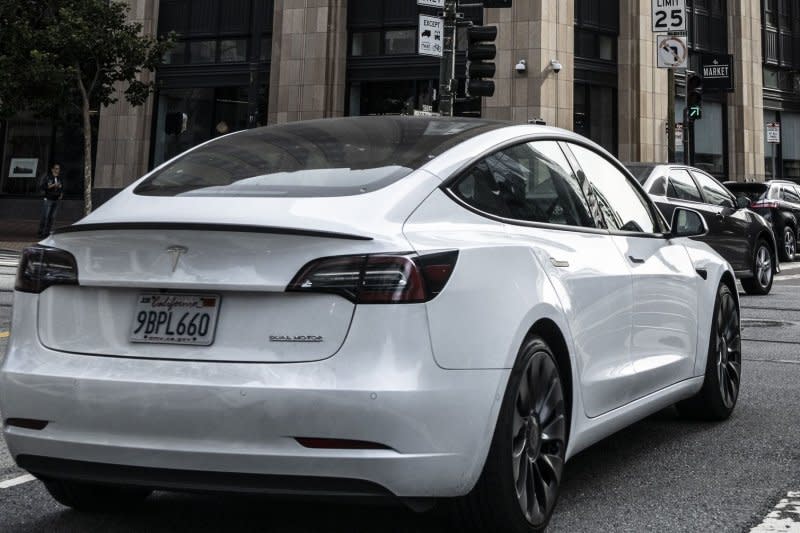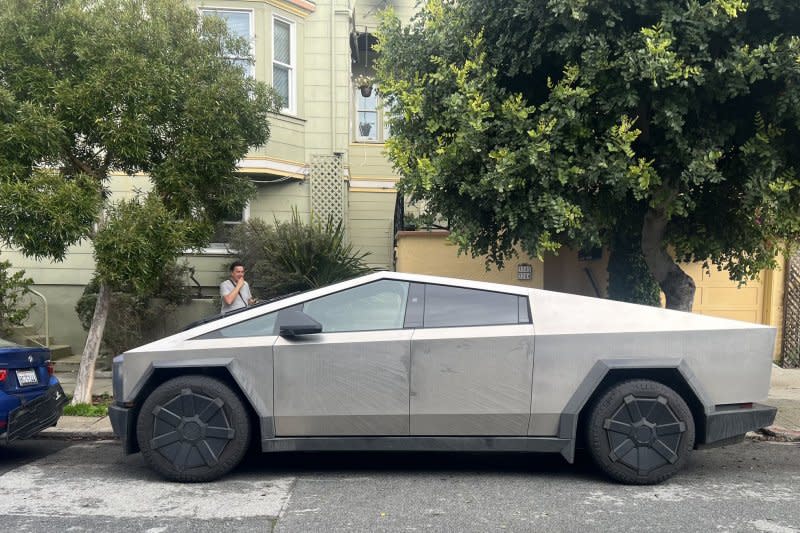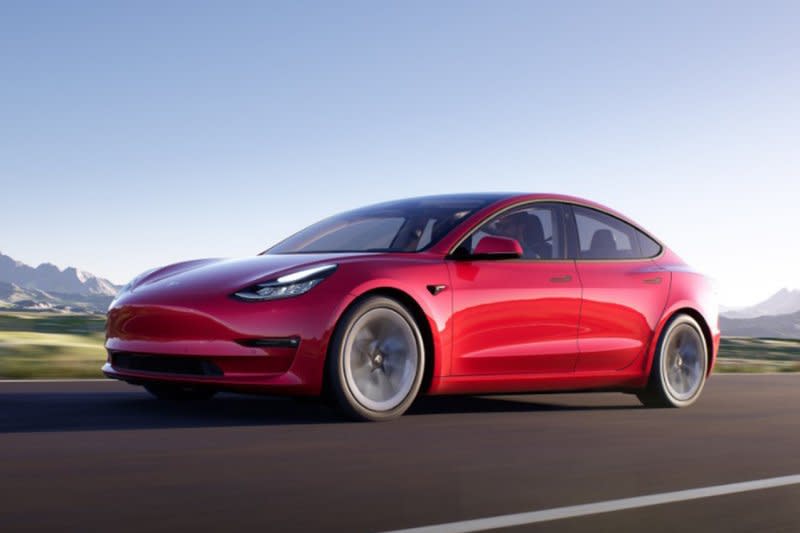NHTSA closes Tesla deadly autopilot probe, opens new investigation over fixes

April 26 (UPI) -- The National Highway Traffic Safety Administration closed an investigation into the Autopilot feature on certain Tesla models, while at the same time opening a new probe into the car maker's fix of the problem.
In a news release issued Friday, the administration's Office of Defects Investigation concluded more than a dozen fatal crashes involving Tesla vehicles were the fault of the driver incorrectly using settings, and not exclusively Autopilot.
The ODI identified at least 13 crashes involving one or more fatalities "in which foreseeable driver misuse of the system played an apparent role," the NHTSA said in the statement.
In December, Tesla announced a recall affecting around 2 million of its cars over crash risks related to their autopilot controls.
A month prior, a jury in California found the company was not responsible for a 2019 crash that killed a Model 3 owner and seriously injured two passengers.

The new NHTSA investigation announced Friday will now look at whether or not the fixes implemented by the Texas-based electric vehicle adequately addressed the issue.
"Following deployment of the remedy in (Tesla) Recall 23V838, ODI identified concerns due to post-remedy crash events and results from preliminary NHTSA tests of remedied vehicles," the administration said in the statement Friday.

"Also, Tesla has stated that a portion of the remedy both requires the owner to opt in and allows a driver to readily reverse it. Tesla has also deployed non-remedy updates to address issues that appear related to ODI's concerns under [a recall]. This investigation will consider why these updates were not a part of the recall or otherwise determined to remedy a defect that poses an unreasonable safety risk."
One of the fixes announced by Tesla at the time was to restrict some of the Autopilot features.

Evidence discovered during the previous investigation discovered "Tesla's weak driver engagement system was not appropriate for Autopilot's permissive operating capabilities," the ODI said in documents released Friday.
"This mismatch resulted in a critical safety gap between drivers' expectations of [Autopilot's] operating capabilities and the system's true capabilities. This gap led to foreseeable misuse and avoidable crashes."
The news comes after Tesla earlier in the week released its 2024 first quarter financial results.
The company had not responded to the NHTSA news as of 12 p.m. EDT Friday.

